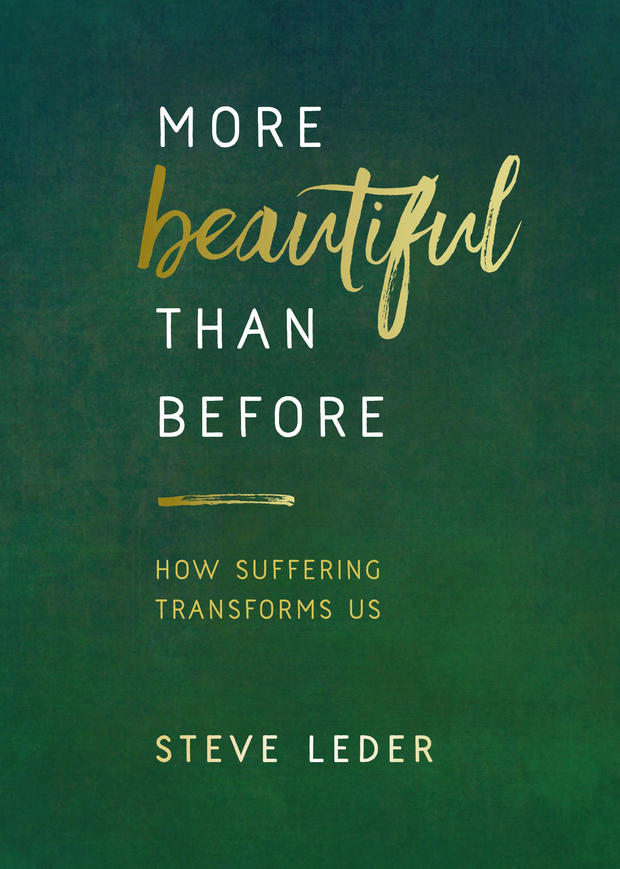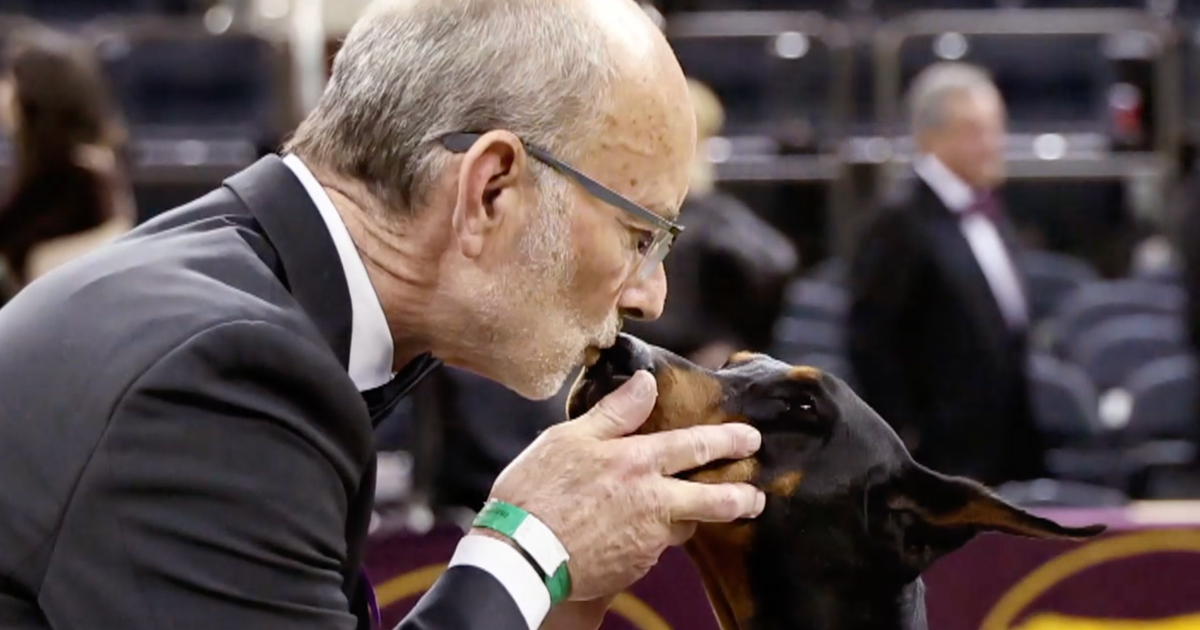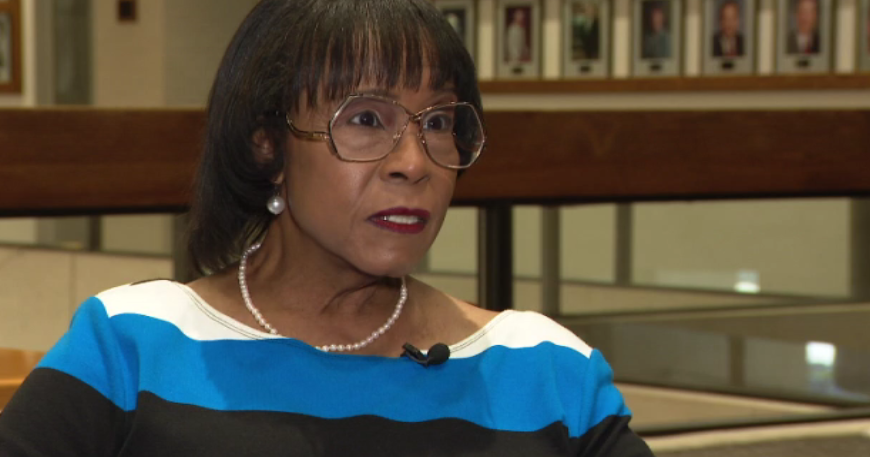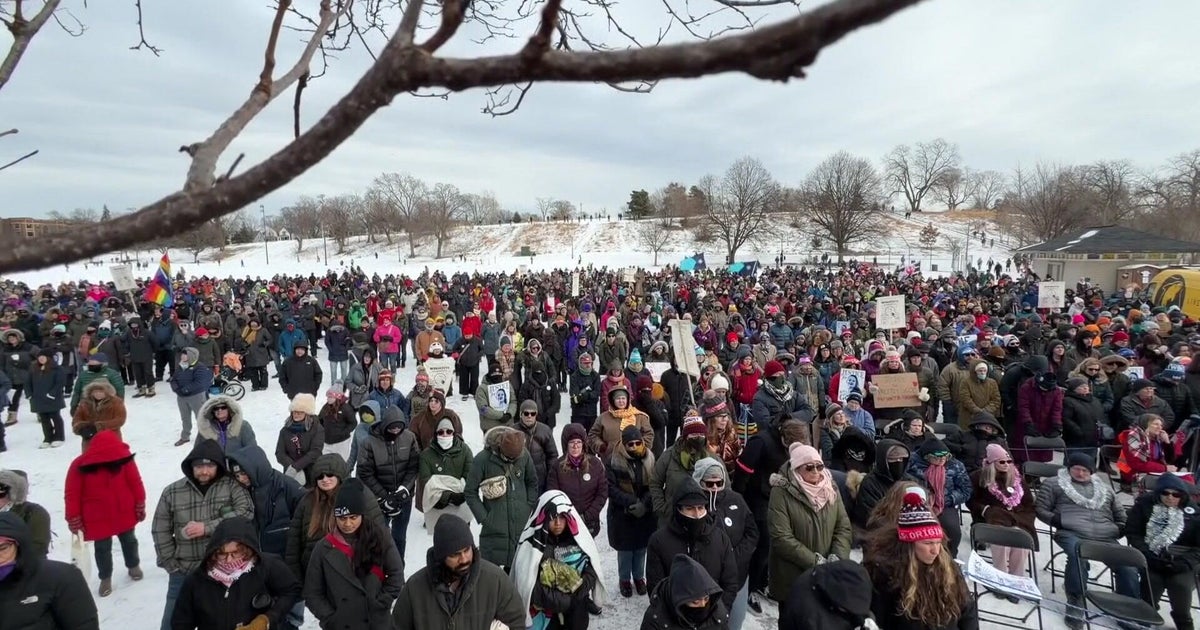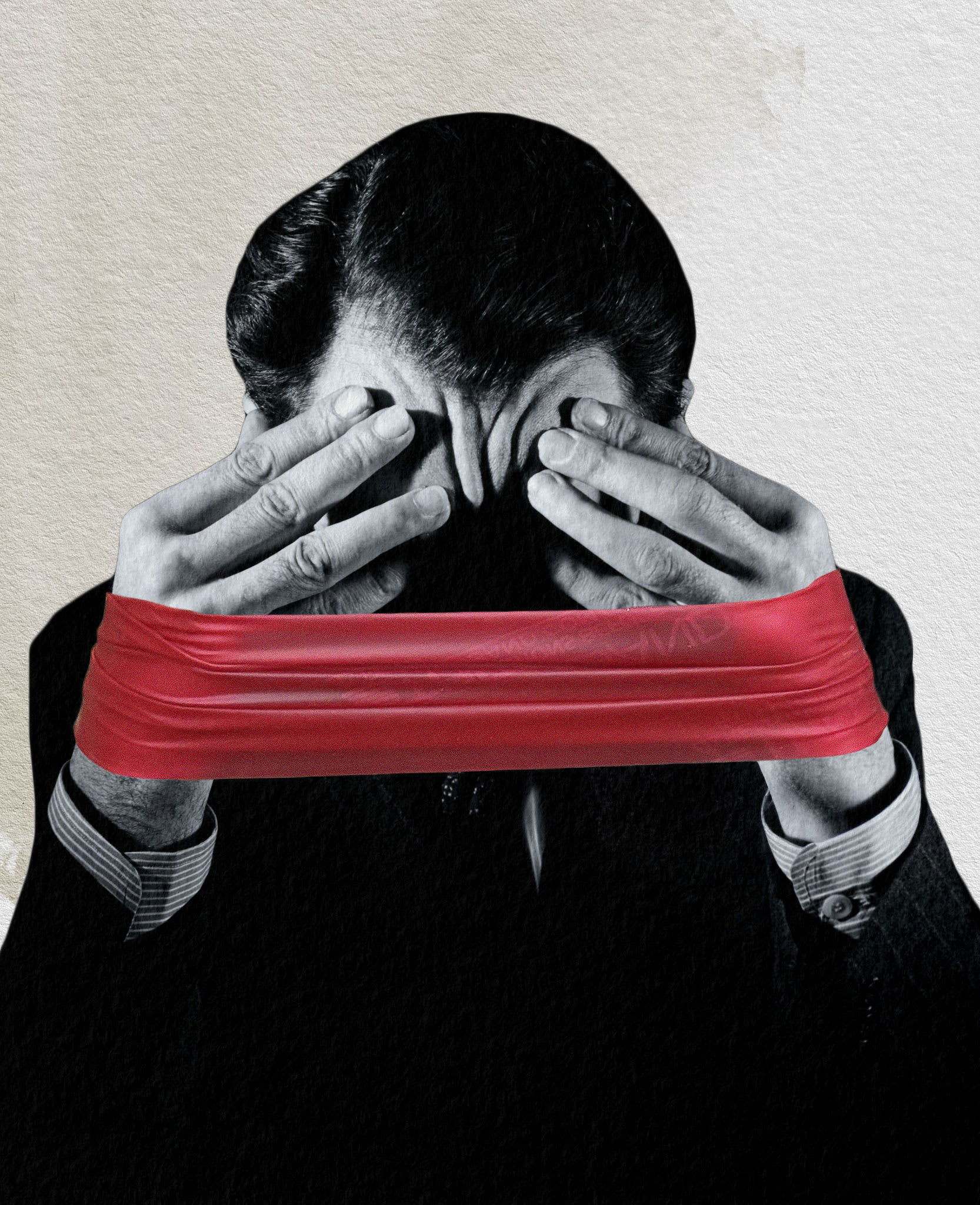Rabbi Steve Leder on the power of suffering: "It's only pain that forces us to change"
A thought-provoking new book explores the idea that the painful aspects of life also bring healing and wisdom. Rabbi Steve Leder, author of "More Beautiful Than Before: How Suffering Transforms Us," serves as senior rabbi at the Wilshire Boulevard Temple, the oldest synagogue in Southern California.
Leder joined "CBS This Morning" to discuss his book, the power of suffering and the healing nature of apologies.
"In a way, I think we're all only truly whole after we've been broken somehow, because there's a depth of empathy and wisdom and kindness that only comes from having suffered some form of physical or emotional pain," he said. "It's only pain that forces us to change."
Leder, who underwent his own transformation after suffering a painful accident, focuses much of his book not on the suffering itself, but on how to come through it and grow.
"We all walk through hell," he said. "You don't have to come out of hell empty-handed."
Leder also discussed how difficult many people find it to say "I'm sorry." He contends that what's even more difficult — and more effective — is to admit they were wrong.
"'I was wrong.' That is a much higher degree of ownership, of culpability, responsibility for our mistakes," he said. "It takes the sting out. Makes healing and reconciliation possible. But to say 'I was wrong' requires a degree of humility that few people achieve without having suffered some kind of debilitating emotional or physical pain."
While suffering may be the key to meaningful growth, Leder cautioned against going it alone.
"None of us can free ourselves," he said. "If you reach out to people, you will be pleasantly surprised. They will help. People want to help."
As for the people who don't want to help?
"The people who mind, don't really matter," he said. "Suffering does strip away a lot of nonsense from our lives."
The rabbi believes that acknowledging the suffering of others is important, too.
"Yes, I think if we're too comfortable it means we're doing something wrong. It also means if we're comfortable, to a certain degree, it means we're also turning a blind eye to the suffering of others," he said.
"We have to be open to the suffering of others."
